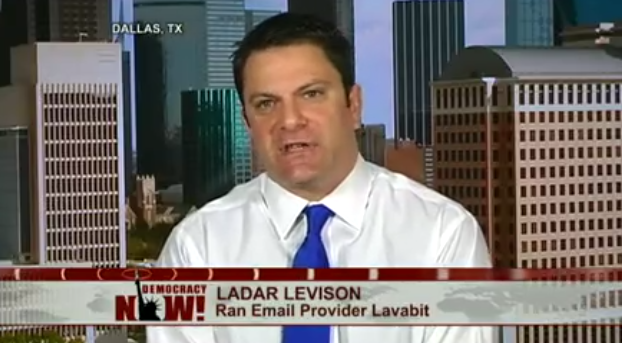“When governments fear the people, there is liberty”. Thomas Jefferson
Perhaps the most important revelation resulting from the embassy cables released by Wikileaks is that governments and/or the corporatocracy, at the very least, fear their people knowing the truth. Knowledge is power and just as there once were laws to prevent slave literacy, much of what the US wants to censor is done solely to prevent public incitement against an increasingly tyrannical government.
The persecution waged upon Wikileaks by the US and the failure of corporate owned media to defend it has given birth to a new information revolution. Armed with outrage, computers, internet connections and sometimes anonymity, it gives new meaning to the line, “The truth is out there”. Whistleblower information is being translated into many languages and disbursed to countries all over the world as part of Operation:Leakspin through a process being termed crowd journalism.

Crowdjournalism Movement
As global interdependency is on the rise, it is of utmost importance that individuals worldwide engage in information sharing to promote free access to knowledge and intellectual resources. The collaboration of multiple, unique perspectives may allow us to more objectively define current world events.
Traditional media and journalistic sources have an inherent bias, founded in corporate and political interests. If news is defined by multiple, fundamentally different sources, the reader can become more cognizant of which biases exist. This empowers the reader and allows him or her to form educated opinions on issues of global relevance.
Crowdsourced journalism reaches out to socially and politically conscious readers, interested in playing an active role in the production of knowledge. It does not require any professional journalistic or reporting experience, only a sincere interest in the news and the state of global affairs. Articles are not created by a single author. Each article is a collaborative effort, engaging multiple readers in the writing process. Anyone interested may contribute, propose changes, and ultimately affect the way news is reported.
Some of you may wonder why news, something meant to be empirical and purely fact-based, could require the voices of many. Although we are all part of one humanity, we all have different backgrounds and experiences that define how we read the news and how we are affected by it. A story about political dissonance in Burma will affect Burma and country doing business in Burma, differently. Crowdsourced journalism allows you to inject into an article the particular way a story impacts your society, broadening the scope of news reported.
The crowdsourced movement is grassroots. It is news created for, and by, you.
Anonymous, responsible for a collection of DDoS counter attacks on foes of Wikileaks, continues to adapt and add to its revolutionary strategy to keep the internet neutral and information free to everyone. Nevertheless, twitter indicates an assault of some form is soon to be launched at Bank of America, expected to feel the bite of an anticipated Wikileaks document release, and there is reference to a ‘megaleak’.
The rise of over 2,000 Wikileaks mirror sites to counter government efforts to shut the group down and copycat whistleblowers springing up all over only prove that the internet is too big to be controlled and the people will not be stopped. Anyone can join.


